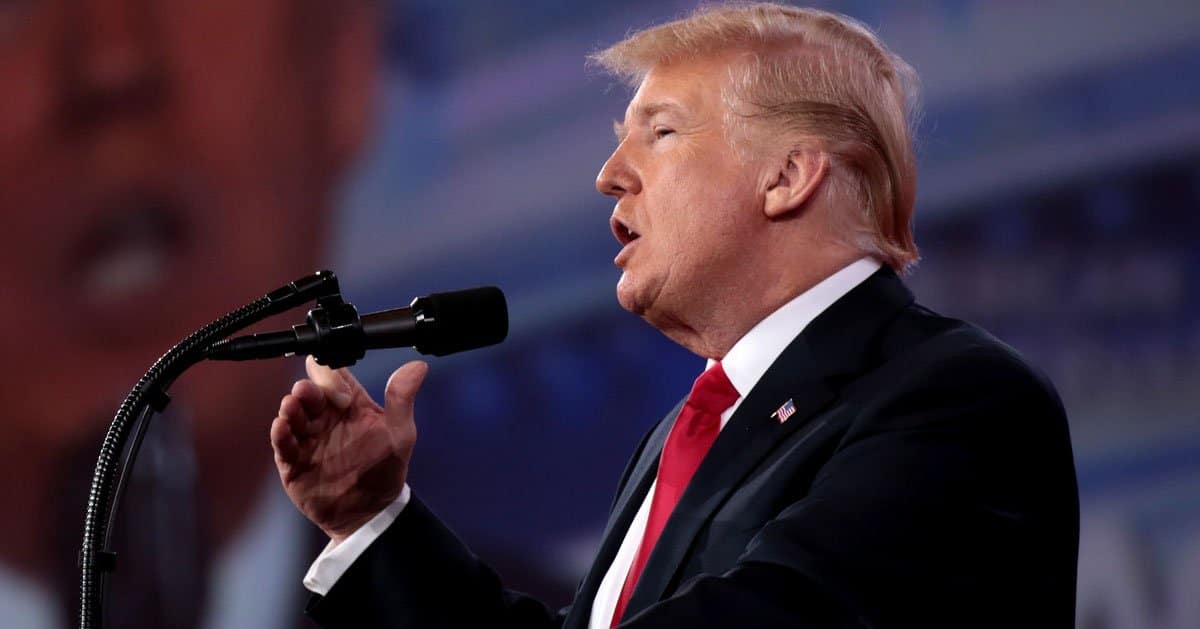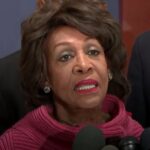






In a pivotal meeting that could shape U.S.-Canada relations, Canadian Prime Minister Justin Trudeau met with U.S. President-elect Donald Trump at Mar-a-Lago to discuss pressing issues against a backdrop of economic tension.
NBC News reported that in the face of Trump's proposed tariffs, the leaders focused on trade, illegal immigration, and the fentanyl crisis during their discussions in Florida.
The meeting, held just days after Trump proposed a 25% tariff on Canadian exports, emphasized cooperation despite brewing discord.
Trump previously announced the intended tariffs, which could impact vehicles, dairy, paper products, and building supplies, as a measure to address concerns over drugs and immigration.
Trudeau's arrival in Florida on Friday was not detailed in his schedule, adding an air of mystery to the meeting. Despite these circumstances, both leaders expressed optimism for joint efforts. Trump described the meeting as "very productive" on TruthSocial, noting that significant issues had been tackled.
Trudeau, expressing gratitude and eagerness, thanked Trump for the dinner and looked forward to continued collaboration on various matters.
This sentiment was echoed when Trudeau mentioned their conversation as "excellent," reinforcing his positive outlook.
The discussions highlighted key areas that require attention and cooperation. Among the most pressing were the issues of fair trade deals and the U.S. trade deficit with Canada. These topics have long-standing implications for both countries, with Canada sending about 75% of its exports to the U.S.
Additionally, the leaders focused on the fentanyl epidemic, with Trump emphasizing that the United States would no longer ignore the repercussions of this crisis. He stressed that the drug epidemic, exacerbated by drug cartels and fentanyl from China, would not be tolerated.
President Joe Biden weighed in on the tariffs, calling them "counterproductive." His comments came after Trump's announcement, suggesting a need for re-evaluation. Biden's input highlights the broader implications of such economic measures and their potential impact on international trade dynamics.
While Trump's tariff plan has sparked controversy, Mexico and Canada's significant roles in supplying goods to the U.S. cannot be overlooked.
Together, they account for nearly 30% of American trade volumes, underscoring the interconnected nature of North American economies.
Despite the tension over trade policies, Trudeau committed to working with the U.S. to resolve crucial problems. This commitment reflects an understanding of the intertwined economies and the necessity of strong bilateral ties, especially given the current challenges.
In the lead-up to their meeting, Trudeau and Trump had a phone call described as a "good call," setting a positive tone for their face-to-face discussion. This previous interaction paved the way for addressing challenges collaboratively.
The meeting also touched on the issue of illegal immigration, a perennial challenge that affects both countries. Trump's stance has been firm, with a previous declaration that the tariff would remain until effective measures against illegal immigration and the drug crisis are implemented.
The stakes are high, especially given the longstanding partnership between the two nations. Trudeau and Trump’s willingness to engage in open dialogue signifies a critical step towards resolving ongoing disputes and finding common ground.
With the future of North American trade and security in balance, the discussion between Trudeau and Trump is a significant step forward. Both leaders face the task of translating dialogue into actionable policies that benefit their citizens and address the complex issues at hand.

